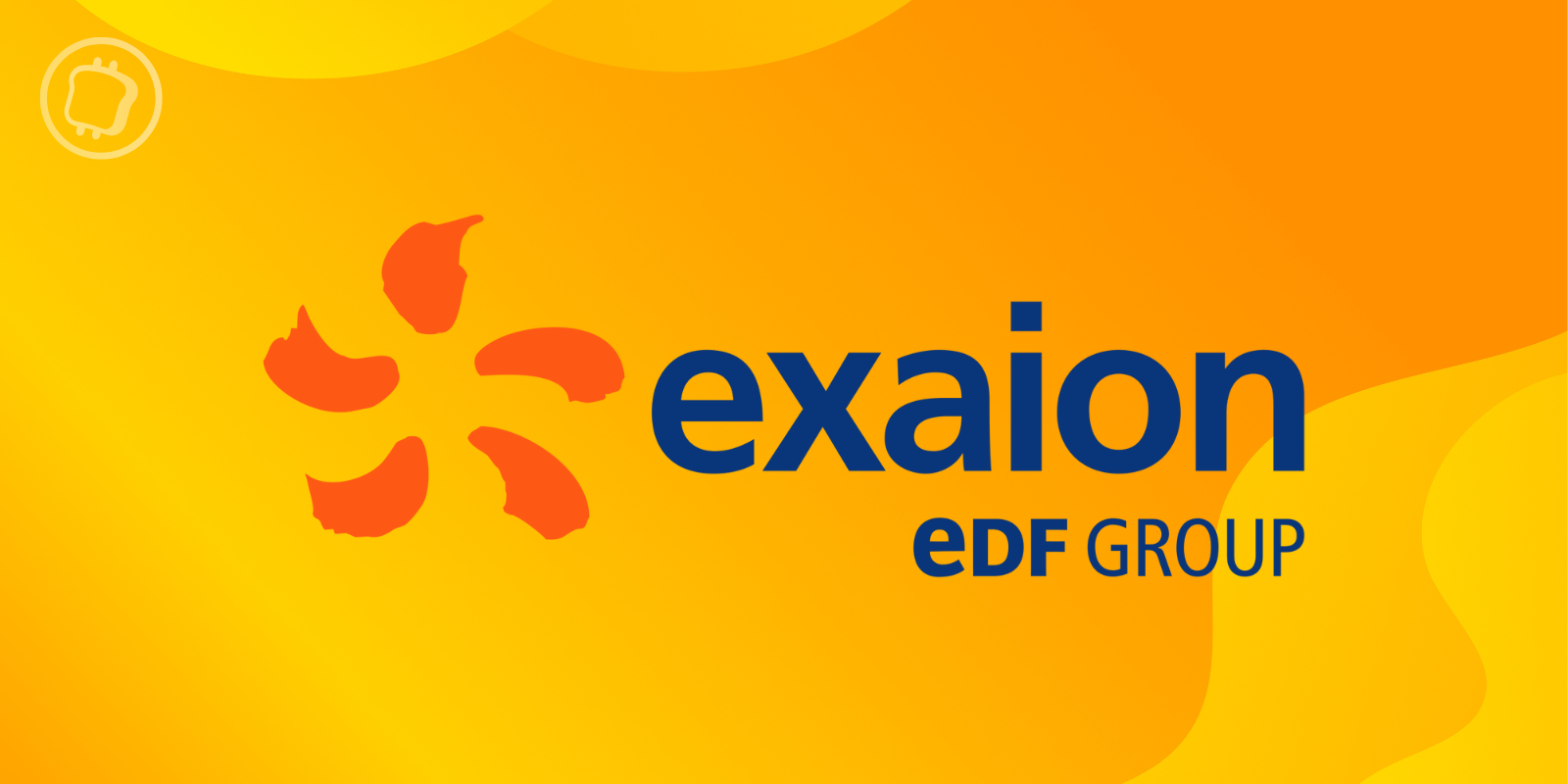In Europe, the conditions of existence are getting tougher for companies offering services related to cryptocurrencies. Proof of this is made once again with the Saxo bank. It is forced to sell its cryptocurrencies, following a request from the Danish regulator. Why was this decision made and what does it bode for the Danish ecosystem?
Saxo Bank will no longer be able to offer services related to cryptocurrencies
The Danish Financial Supervisory Authority (FSA) announced the news today. She established that Saxo Bank cannot trade cryptocurrencies for its own account, because this activity does not fall within the framework of the law :
“The trading of crypto assets by Saxo Bank A/S for its own account is outside the legal scope of activity of financial institutions. […] On this basis, Saxo Bank is ordered to divest its own crypto assets.»
The measure targets both cryptocurrencies offered for sale, but also the financial products linked to them, in particular “exchange traded funds” (ETFs). This is notable, as a large number of ETFs have just been authorized in recent weeks.
👉 How to buy Bitcoin in 2023? Get guided step by step
Buy crypto on eToro
Saxo bank forced to get rid of its cryptocurrencies
The measure also aims the bank’s cryptocurrency reserves, which are used to hedge against market risks related to cryptocurrencies. In addition to ceasing to offer its services, the bank must therefore also get rid of its own assets.
This is undoubtedly what is most notable in this decision: the regulator not only prohibits services offered to customers, but the very holding of cryptocurrencies by banks. The press release states it as follows:
“Unregulated crypto-asset trading can create mistrust in the financial system, and the Danish FSA considers that it would be unfounded to legitimize the trading of crypto-assets. The activity is therefore also not considered acceptable as an ancillary banking activity for reasons of financial stability.»
Saxo Bank said in a statement that it would take the time to respond to this injunction from the FSA. It also specifies that its direct exposure to cryptocurrencies is limited:
“We hold a very limited portfolio of cryptocurrencieswhich only serves to hedge against a very marginal proportion of risk associated with trading crypto assets.»
This decision of the FSA can however be considered as a precedent, and as a message sent to other Danish banks. In this territory, financial institutions will not be able – for the moment – to create real bridges with the crypto ecosystem.
👉 Listen to this article and all other crypto news on Spotify
Confused and overwhelmed by cryptocurrencies? 🤔
Spot opportunities and make informed investment decisions 🔎

Source: FSA, press release
Newsletter 🍞
Receive a summary of crypto news every Monday by email 👌
What you need to know about affiliate links. This page may feature investment-related assets, products or services. Some links in this article may be affiliated. This means that if you buy a product or register on a site from this article, our partner pays us a commission. This allows us to continue to offer you original and useful content. There is no impact on you and you can even get a bonus by using our links.
Investments in cryptocurrencies are risky. Cryptoast is not responsible for the quality of the products or services presented on this page and could not be held responsible, directly or indirectly, for any damage or loss caused following the use of a good or service highlighted in this article. Investments related to crypto-assets are risky in nature, readers should do their own research before taking any action and only invest within the limits of their financial capabilities. This article does not constitute investment advice.
AMF recommendations. There is no guaranteed high return, a product with high return potential involves high risk. This risk-taking must be in line with your project, your investment horizon and your ability to lose part of this savings. Do not invest if you are not ready to lose all or part of your capital.
To go further, read our Financial Situation, Media Transparency and Legal Notices pages.










